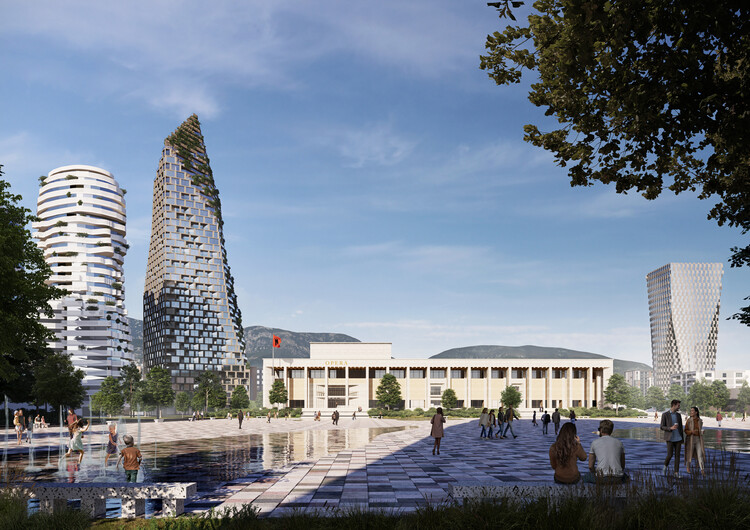In the dynamic landscape of Balkan Region, the construction industry plays a pivotal role in shaping the economic trajectory of the region.
As we delve into the construction forecast for the upcoming years, it becomes apparent that a multitude of factors are at play, influencing the growth and development of this vital sector. The Eastern European Construction Forecasting Association provides valuable insights into the construction outlook for several key countries in the region, shedding light on the opportunities and challenges that lie ahead.
Bulgaria

In Bulgaria, the new coalition government has set its sights on navigating the anticipated economic slowdown in 2023 by leveraging EU program absorption and implementing recovery plans.
With a focus on boosting total construction production, Bulgaria anticipates real growth in the sector. The strategic utilization of EU funds and targeted investments are expected to drive momentum in the construction industry, laying the groundwork for sustainable development in the country.
Croatia

Meanwhile, in Croatia, the construction landscape is marked by a nuanced interplay of factors. While inflation and increased interest rates pose challenges for residential construction, the non-residential construction and civil engineering segments stand to benefit from higher levels of public investments. This diversification in the construction portfolio underscores the resilience of the sector in adapting to changing market conditions and government priorities.
Romania

Moving on to Romania, the construction forecast paints a complex picture shaped by high construction costs and economic dynamics. The sector is poised to experience a decline in the coming year, with expectations of recovery on the horizon by 2025. The recalibration of construction strategies and cost management practices will be crucial in steering Romania’s construction industry towards sustainable growth and competitiveness in the regional market.
Slovenia

In Slovenia, the construction sector stands out for its resilience and robust performance, particularly in non-residential and civil engineering segments. Increased public investments have bolstered construction activities, driving growth and innovation in the sector. The strategic alignment of infrastructure projects and development initiatives underscores Slovenia’s commitment to fostering a conducive environment for construction industry players to thrive and excel.
Serbia

Lastly, Serbia grapples with the repercussions of the economic slowdown in the EU, presenting a mixed picture for the construction sector. While building construction volumes are expected to contract, civil engineering projects are poised to reach record highs. This dichotomy underscores the need for agile strategies and targeted interventions to navigate the evolving landscape of the construction industry in Serbia.
In conclusion, the construction forecast for Southeastern Europe underscores the dynamic nature of the sector, shaped by a myriad of economic, political, and social factors. As countries in the region strive to enhance infrastructure, promote sustainable development, and drive economic growth, the construction industry emerges as a key driver of progress and prosperity. By leveraging insights from the Eastern European Construction Forecasting Association and adopting a strategic approach to construction planning and execution, Southeastern European countries can chart a course towards a vibrant and resilient construction sector that paves the way for a prosperous future.
Please stay tuned for information about additional permits in the construction sector in the Balkan region.
Source: GlassBalkan







